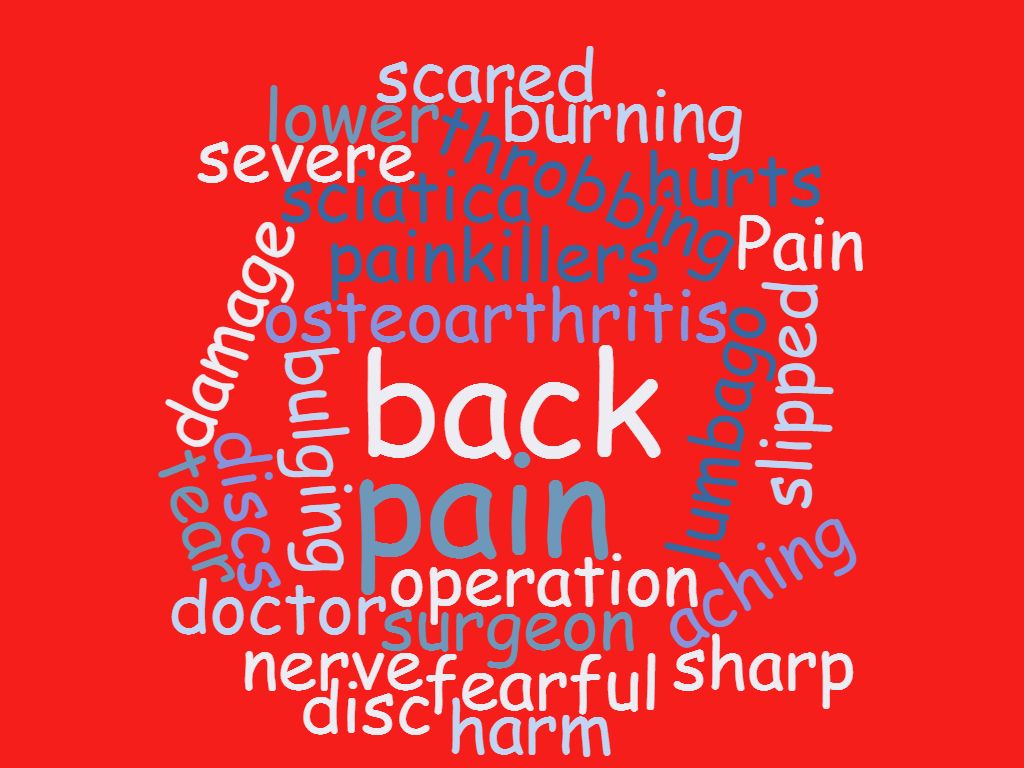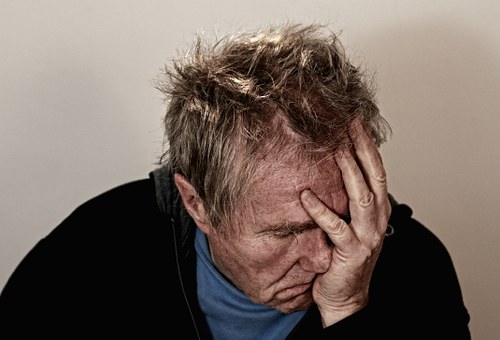
Should I have shoulder surgery? What does the evidence say?
30th April 2018
Been told you have a slipped disc? Don’t panic!
9th May 2018Back pain sucks! When you get it you can despair about what to do. You are not alone, it will affect most of us at some point in our lives. It can range in the pain intensity level but fortunately the majority of the time it does not point to anything severe or serious going on in your back.
We often get asked “how do i relieve my back pain when it’s really bad?” Well without taking a proper look at you, here’s what we’d recommend to get you started.
Breathe!
this may sound silly but when you are in pain one of the things you will do first is hold your breath. This is fine for a couple of seconds but if you keep intermittently holding your breath, as is common with back pain, you then send the brain into panic mode and this = more pain! So just recognise when you are holding your breath and try to breathe normally.
Try to relax
This is easier said than done we know, but one thing we will all do when we are in pain is tense up our muscles. Now this is absolutely fine for a few seconds but if you keep holding yourself tense there are 2 things that will occur;
- If you hold anything tense for long enough it will hurt, try it with your hand, make a tight fist and see how it feels after a couple of minutes. It will probably hurt right? You are not causing any harm or damage, just making the muscles tired and the joints feel like they want to move. But it will hurt.
- Guess what….yep, again it sends your body into panic mode. So if you recognise it is something you are doing try to just consciously relax when you exhale.
Move within your limits but don’t stop moving altogether!
When you read that it sounds bit wishy washy so let’s explain. With any pain it is fine to limit your movement to what is more comfortable, this may mean you move it ‘just a bit’. Our bodies love movement. The whole human body is based on the principle of movement. We sometimes use the phrase “motion is lotion”. As you feel comfortable , move a bit further, but just stick to where you are happy. To use a Swahili phrase “pole pole”, which means “slowly, gently”.
Use drugs
The pain killing kind! You may find some benefit to using simple pain relief such as ibuprofen. Paracetamol may help, but a relatively recent study showed no improvement with the addition of paracetamol on top of ibuprofen. If you are struggling still then your GP may prescribe you with stronger pain medication. Now if you are reaching this point, it’s probably best getting it checked out by someone like us. Painkillers can lead to dependence so use them but not for long before getting some other help.
Heat or ice?
A favourite question from clients we get asked. Ice can numb the area which sometimes helps dull the pain. Ice is traditionally used if you have injured something and there is swelling. So if there is no swelling (and there usually isn’t with lower back pain) maybe leave the ice pack and use some heat. You can use a hot water bottle or microwaveable heat pack. Heat will bring blood to the area along with oxygen and nutrients. It will also sometimes give a soothing sensation.
What exercise should you do?
The answer is do the ones that work or feel the best for you. This is different for each person. Move into the positions that are most comfortable for you at first. Move into the painful positions too but perhaps do them just a little and without too much weight through the area initially. Remember, breathe, relax your muscles and move.
If you are looking for something that is specific to your individual back problem just book in and we’ll get you on the way to being pain free in no time.
You should contact your GP or NHS 111 immediately if you have back pain and:
- numbness or tingling around your genitals or buttocks
- difficulty peeing
- loss of bladder or bowel control
- chest pain
- a high temperature (fever) of 38C (100.4F) or above
- unexplained weight loss
- a swelling or a deformity in your back
- it doesn’t improve after resting or is worse at night
- it started after a serious accident, such as after a car accident

